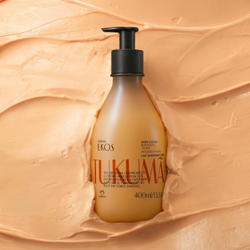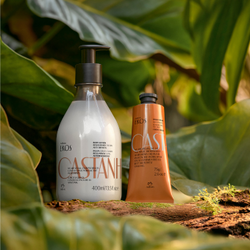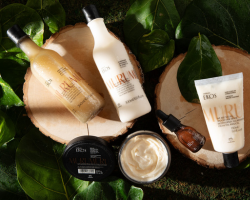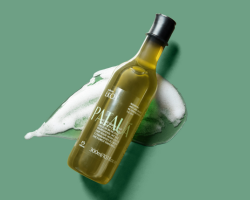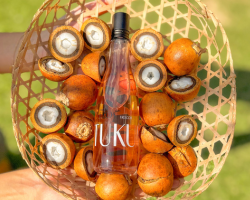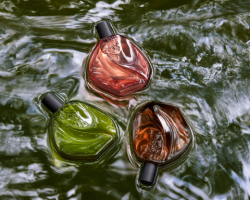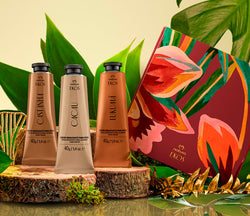Exfoliants Without Plastic MicroBeads: Why Natura Eliminated This Material
Microbeads easily slide through the sewage and water treatment systems contaminating oceans and seas.
- By Natura Team
The deep cleansing sensation after using a good facial exfoliant is very pleasurable, isn’t it? But did you know that this product severely harms the oceans? This is because very commonly the particles of the exfoliants are made pf plastic – a material that will surpass the number of fishes until 2050, according to the 2016 forecast of Davos World Economic Forum.
Thinking about the consequences of plastic micro-particles in the environment in washable products, we decided to substitute, in 2014, for vegetal, mineral or biodegradable alternatives, such as rice and bamboo – way before any law was enforced.
Plastic in the Oceans and Seas
The plastic microbeads can easily slide through the sewage and water treatment systems, and therefore end up in river and oceans impacting the marine ecosystems. Due to its micro size, these small beads can be ingested by marine animals, and also in the food chain, and eventually in your plate.
The Impact of Polyethylene
This effect is not yet known. A study by the University of Ghent in Belgium in 2017, discovered that most of the plastic microparticles are eliminated, but what remains in the body has no clear destination.
“Where do they go? Are they encapsulated by tissue and forgotten about by the body, or are they causing inflammation or doing other things? Are chemicals leaching out of these plastics and then causing toxicity? We don't know and actually we do need to know”, questions Colin Janssen, coordinator of the study, to newspaper The Telegraph.
Checking The Label
One way to verify if you are taking home a product that contains plastic microbeads is to check the label and look for the following words: polyethylene, polypropylene, polyethylene terephthalate, polytetrafluoroethylene, poly(methyl methacrylate) e nylon.


